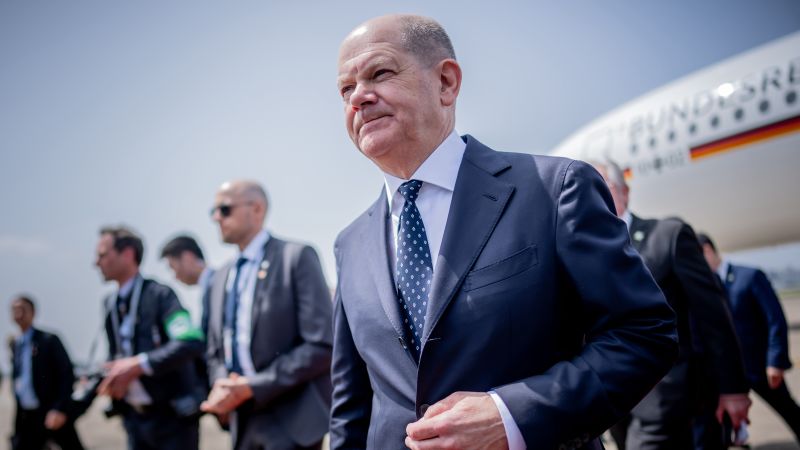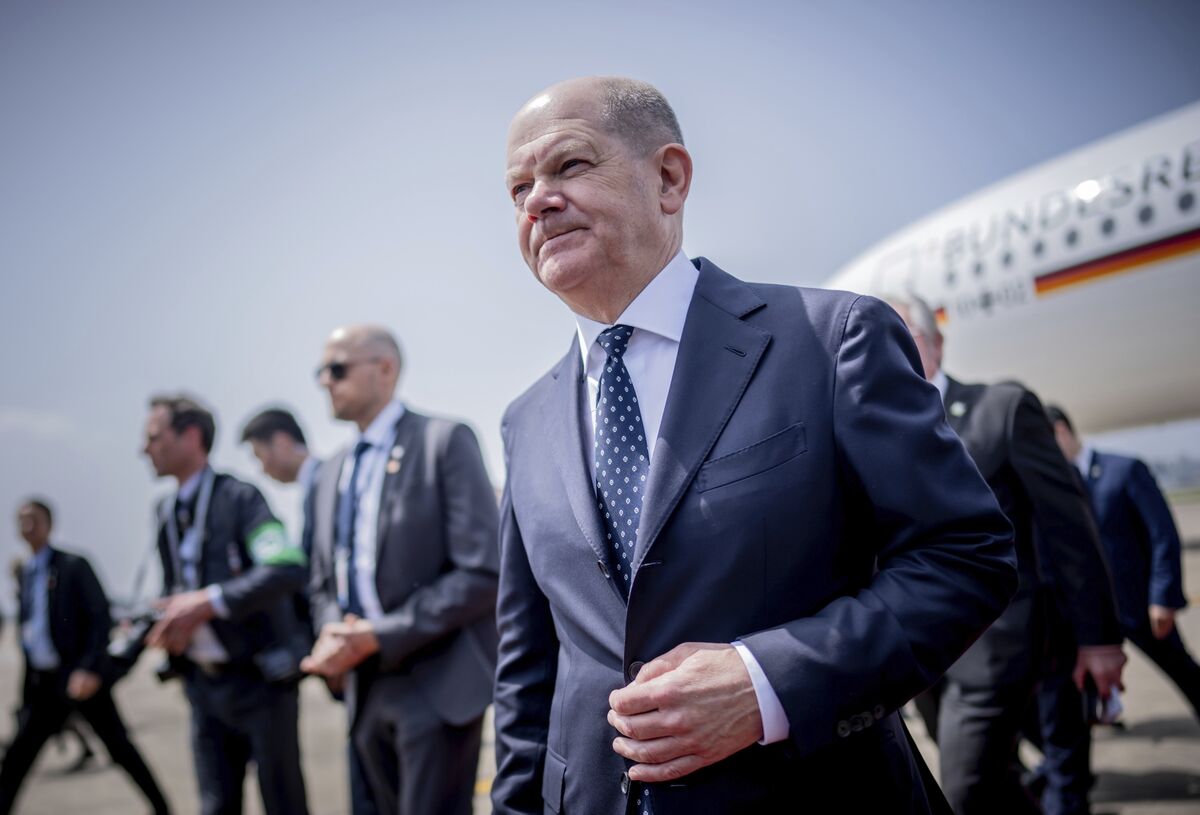
German Chancellor Olaf Scholz's visit to China in April 2024 marked a significant moment for the European economy, as he emphasized the importance of open markets and fair competition. During his trip, Scholz met with Chinese officials and university students in Shanghai to discuss concerns over dumping, overproduction, and copyright infringements related to Chinese cars entering Europe.
Scholz's stance on these issues echoed those of the US Treasury Secretary Janet Yellen, who had previously criticized China for its industrial output exceeding global demand and unfair treatment of foreign firms. However, Scholz also emphasized the importance of local production facilities without bureaucratic hurdles to ensure a level playing field.
German companies have long been invested in the Chinese market, with over €10.4 billion ($11 billion) invested there in 2023 alone. Despite pressure from allies like the US and other European countries to scale back China's green energy sector exports, German firms have shown little sign of reducing their investment.
Scholz's visit came amidst tensions between China and Europe over issues such as Russia's war in Ukraine and potential conflicts over Taiwan. The chancellor also raised concerns about the treatment of foreign businesses in China during his meetings with Chinese officials, emphasizing the need for fair competition.
Despite Scholz's calls for a level playing field, some German firms have faced challenges in China. A survey published by the German Chamber of Commerce in China showed that two out of three German companies operating there reported facing unfair competition. However, Scholz's visit was seen as an opportunity to address these concerns and strengthen economic ties between Germany and China.
In conclusion, Scholz's visit to China in April 2024 highlighted the importance of open markets and fair competition for German businesses in the context of growing tensions between Europe and China. While concerns over dumping, overproduction, and copyright infringements persisted, Scholz emphasized the need for local production facilities without bureaucratic hurdles to ensure a level playing field.




